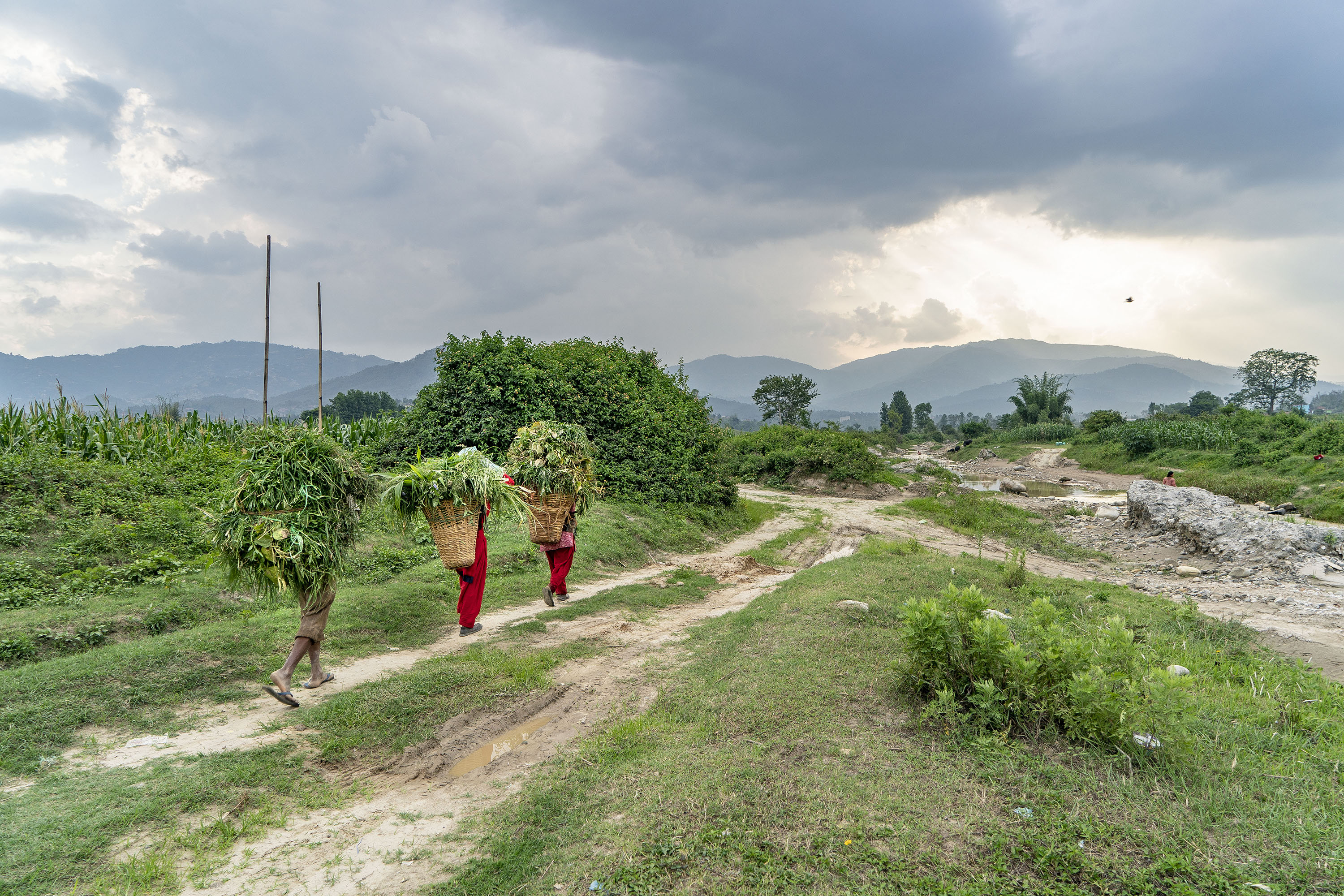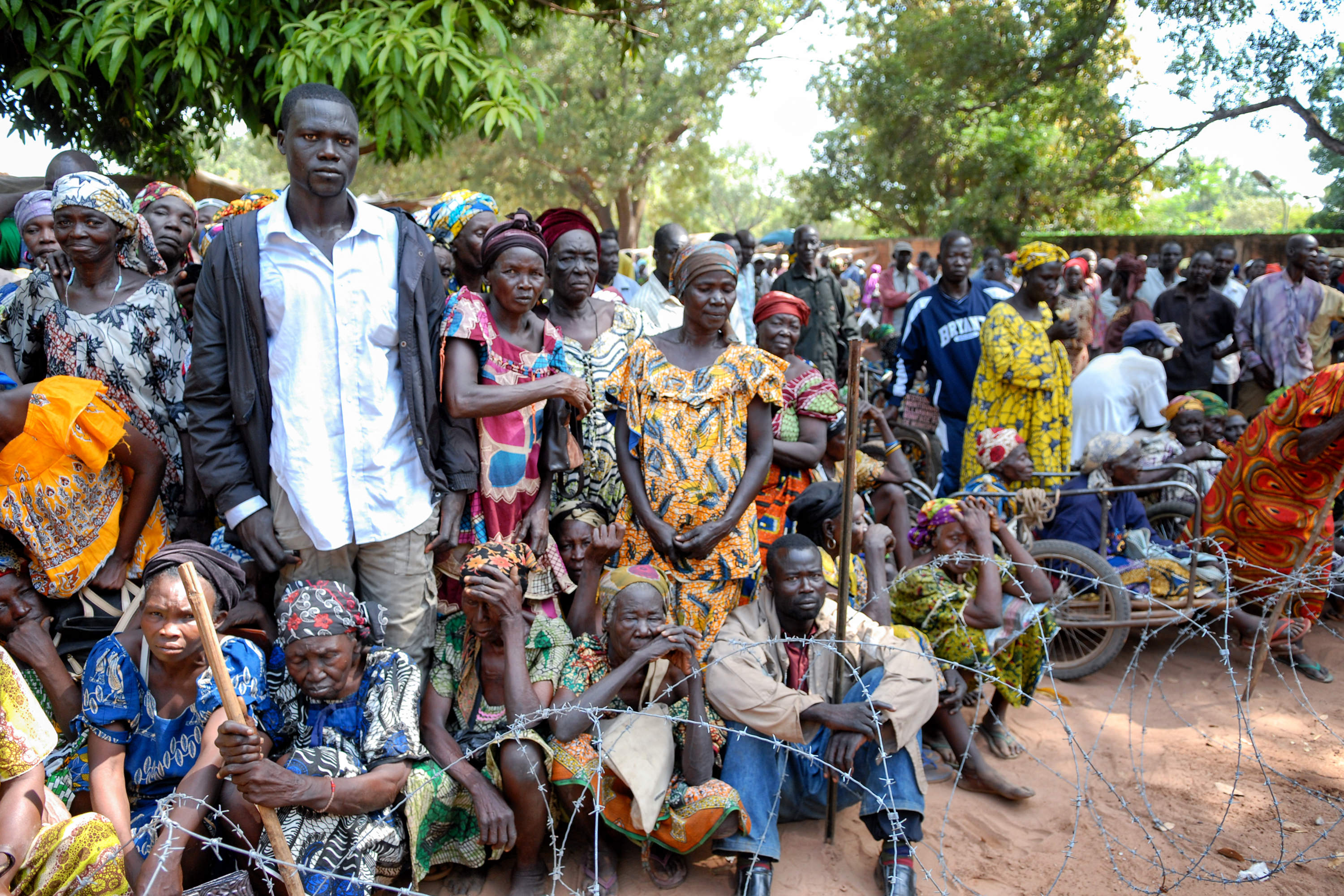Seasonal Migration and Agricultural Labour Markets in Nepal
In rural agrarian economies, the period between planting and harvest is often a “lean season” when labor demand and wages fall, and the price of staples rise. The landless poor reliant on agricultural work on others’ farms are especially hard...




